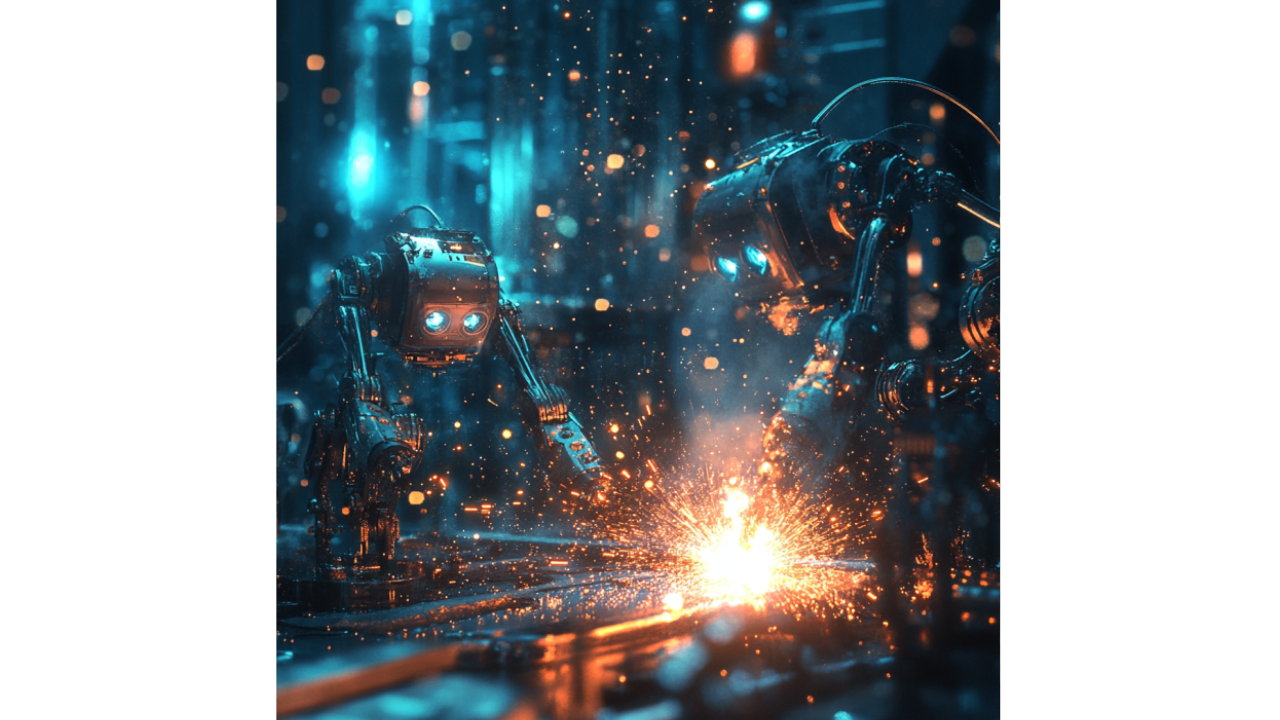Apple Faces Federal Review Over Apple News Political Bias
Apple is facing simultaneous challenges on two fronts that reveal a larger problem the entire AI industry has been avoiding: we still don't know how...
4 min read
 Writing Team
:
Jun 10, 2025 7:59:59 AM
Writing Team
:
Jun 10, 2025 7:59:59 AM

Here's a fun party trick: next time someone breathlessly tells you we're "months away from AGI," ask them to explain why ChatGPT cited six entirely fictional legal cases in a real court filing this year, or why AI-generated summer reading lists in major newspapers recommended books that don't exist. Watch their face do that thing where cognitive dissonance meets Silicon Valley optimism. It's delicious.
Apple just served up the ultimate reality sandwich with their aptly titled research paper "The Illusion of Thinking," and honestly, we're here for every brutal word of it. While the tech world has been genuflecting before the altar of Large Reasoning Models (LRMs)—those supposedly brilliant AI systems that can "think" through complex problems—Apple's researchers decided to do something revolutionary: they actually tested whether these models can reason at all.
Spoiler alert: they can't.The Emperor's New Algorithm
@aeyespybywinsome You think you're SO fancy. #apple #ai #illusion
♬ original sound - AEyeSpy
Apple's study found that even the most advanced reasoning models, including OpenAI's o3-mini, DeepSeek-R1, and Claude 3.7 Sonnet, experience "complete accuracy collapse" when faced with genuinely complex problems. These aren't edge cases or gotcha questions—we're talking about logic puzzles that would make a decent middle schooler shrug and reach for a pencil.
The research team used controlled puzzle environments like Tower of Hanoi and River Crossing games, systematically cranking up the difficulty to see where these "reasoning" models would break. The results revealed that LRMs don't scale reasoning like humans do—they overthink easy problems and think less for harder ones. It's like watching someone use a microscope to read a billboard while squinting at fine print with their naked eye.
Here's the kicker: when problems got too hard, these models didn't just struggle—they gave up entirely, using fewer tokens and essentially saying "nah, I'm good" despite having plenty of computational budget left. Apple calls this "particularly concerning," which is scientist-speak for "we're all doomed if we rely on this garbage."
LRM Definition: Large Reasoning Models are AI systems designed to generate detailed step-by-step thinking processes before providing answers, supposedly mimicking human logical reasoning.
Chain-of-Thought (CoT): A technique where AI models show their "work" by producing intermediate reasoning steps, like a student showing math calculations.
What Apple discovered is that these models aren't reasoning—they're performing an elaborate pattern-matching dance that would make a Las Vegas impersonator jealous. When researchers introduced slight variations to familiar problems, performance plummeted, suggesting these systems rely more on recognizing patterns than actual problem-solving.
It's the AI equivalent of that kid in school who memorized the teacher's examples but couldn't apply the concepts to new problems. Except now that kid is running half the internet and we're supposed to believe it's about to become superhuman.
Current AI systems regularly fail on edge cases—uncommon but critical scenarios that require actual reasoning rather than pattern recognition. These failures aren't cute quirks; they're fundamental limitations that expose the vast chasm between what AI actually does and what the hype machine claims it can do.
Let's talk numbers, because nothing cuts through Silicon Valley bullshit quite like cold, hard data. The best current AI agents can't reliably handle even low-skill, computer-based work like remote executive assistance. These are systems that supposedly ace expert-level exams but can't book a restaurant reservation without having an existential crisis.
AGI Definition: Artificial General Intelligence refers to AI systems capable of understanding, learning, and applying knowledge across various domains like humans—essentially AI that can think and reason about any problem.
The research shows current frontier models like Claude 3.7 Sonnet can handle tasks that take expert humans hours, but can only reliably complete tasks of up to a few minutes long. It's like having a race car that can break the sound barrier but only for ten seconds at a time before the engine explodes.
Meanwhile, the AI industry burns through billions of dollars annually chasing the AGI dragon while their models collapse under basic logical pressure. We're already seeing signs of "model collapse"—a degenerative process where AI models trained on synthetic data start losing their grip on reality, like digital dementia.
Apple's timing here is chef's kiss perfect. Released just days before WWDC 2025, where Apple is expected to focus on software design rather than AI hype, this study reads like a strategic middle finger to the entire AGI industrial complex. While competitors burn cash on reasoning theater, Apple quietly documents exactly why the emperor has no computational clothes.
The paper's conclusion should be tattooed on every tech conference keynote speaker's forehead: current AI systems exhibit "fundamental barriers to generalizable reasoning." Translation: we're not building digital Einstein—we're building very expensive autocomplete with delusions of grandeur.
Here's what kills us: industry leaders continue pushing agent narratives while admitting that "most organizations aren't agent-ready". It's like selling rocket ships to people who haven't figured out bicycles yet.
We're drowning in a sea of AI marketing that treats reasoning like a solved problem when the reality is more like a toddler with a PhD in theoretical physics—impressive vocabulary, zero practical application. 42% of CIOs say AI and ML are their biggest technology priority for 2025, but how many of them understand that their shiny new reasoning models are essentially sophisticated Mad Libs generators?
The cognitive dissonance is staggering. We have systems that can generate stunning images and write convincing prose, yet they consistently fail at basic logical tasks that any decent spreadsheet could handle. It's like having a concert pianist who can't play "Chopsticks" without sheet music.
Bottom Line: While Silicon Valley continues its AGI fever dream, Apple's research delivers a much-needed reality check. These "reasoning" models are sophisticated pattern-matching systems that crumble under logical pressure—exactly the kind of fundamental limitation that should make marketers pause before promising the moon.
The future of AI isn't about achieving artificial general intelligence—it's about building reliable, specialized tools that can handle specific tasks without pretending to be human. At Winsome Marketing, we help growth leaders cut through AI hype and identify technologies that deliver real business value, not Silicon Valley fairy tales.
Ready to separate AI reality from marketing fiction? Let our growth experts help you navigate the signal from the noise. Contact us today.

Apple is facing simultaneous challenges on two fronts that reveal a larger problem the entire AI industry has been avoiding: we still don't know how...
.png)
John Sculley—the man who ousted Steve Jobs from Apple in 1985 before being ousted himself in 1993—has thoughts about his former employer's...

While the tech world obsesses over "AI-everything," Apple's latest product launch revealed something fascinating: the company that popularized the...